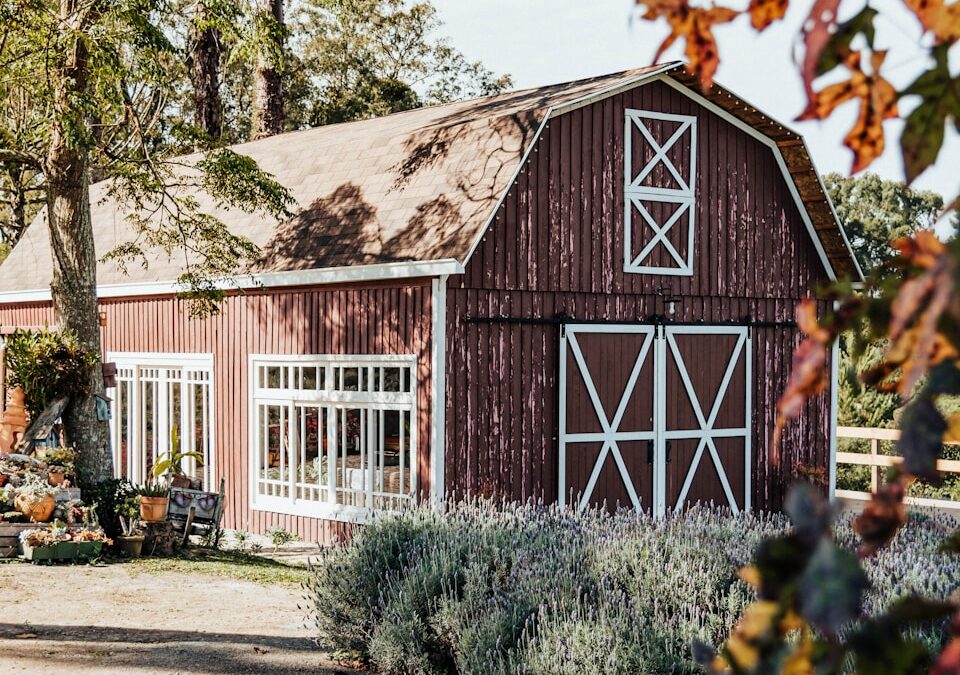The Role of Innovative Green Spaces in Saudi Arabia’s Sustainable Development
Introduction to Smart Agriculture in Saudi Arabia
Smart Farms and Parks in Saudi Arabia are at the forefront of the Kingdom’s initiatives to achieve the ambitious goals set forth in Vision 2030. These innovative agricultural practices and green spaces utilize cutting-edge technology such as Artificial Intelligence (AI) and the Internet of Things (IoT) to optimize water usage, increase crop yields, and enhance sustainable land management. By integrating smart technologies, Saudi Arabia is not only aiming to revolutionize its agricultural sector but also to establish a blueprint for sustainability that can serve as a model for other arid regions worldwide.
Technological Innovations Driving Efficiency in Saudi Agriculture
The implementation of AI and IoT in Saudi farms has led to remarkable improvements in resource management and operational efficiency. Sensors and drones collect data in real-time, allowing for precise monitoring of crop health, soil quality, and water levels. This data-driven approach enables farmers to make informed decisions that significantly reduce waste and increase productivity. Furthermore, blockchain technology is being integrated to ensure traceability and transparency in the supply chain, boosting consumer confidence in the sustainability of agricultural practices in Saudi Arabia.
Sustainable Urban Development through Smart Parks
Smart Parks are another pivotal element in Saudi Arabia’s strategy to enhance urban living and promote ecological well-being. These parks are designed with sustainability in mind, featuring solar-powered lights, energy-efficient infrastructures, and automated water-recycling systems. By providing green lungs in urban areas, Smart Parks not only contribute to the environmental health of the city but also offer a tangible example of how technology can be harmoniously integrated with nature to improve quality of life.
Boosting Eco-Tourism with Smart Parks in Saudi Arabia
Alongside their environmental benefits, Smart Parks in Saudi Arabia are becoming hubs for eco-tourism, attracting visitors interested in sustainable living and green technology. These parks utilize augmented reality (AR) and virtual reality (VR) to educate visitors on the local ecosystem and sustainability practices, creating an immersive learning environment. This not only enhances visitor experience but also promotes awareness of Saudi Arabia’s commitment to environmental stewardship as part of Vision 2030.
Leadership and Management Innovations in Saudi’s Smart Farm Projects
Effective leadership and robust management are crucial for the success of any high-tech initiative, and Saudi’s Smart Farms are no exception. Saudi Arabia is investing in executive coaching and leadership development programs specifically tailored for agribusiness managers. These programs are designed to equip leaders with the skills needed to manage complex, technology-driven agricultural projects successfully, fostering a culture of innovation and continuous improvement.
Challenges and Opportunities in Implementing Smart Farm Technology
While the integration of advanced technologies in agriculture presents numerous opportunities, it also comes with challenges such as high initial costs and the need for specialized training. However, by focusing on comprehensive change management strategies and effective communication, Saudi Arabia is addressing these hurdles. These efforts ensure that the transition to smart agricultural practices is smooth and inclusive, paving the way for widespread adoption and long-term sustainability.
Revolutionizing Water Management with Smart Irrigation Systems
One of the critical aspects of sustainable agriculture in arid regions like Saudi Arabia is efficient water management. Smart irrigation systems are playing a pivotal role in this regard. These systems utilize AI algorithms to analyze data from sensors monitoring soil moisture levels, weather conditions, and plant requirements. By precisely regulating the timing and amount of water delivered to crops, smart irrigation minimizes water wastage and ensures optimal growth. Moreover, these systems can be remotely controlled and automated, allowing farmers to manage irrigation even from a distance, thus maximizing efficiency and conserving precious water resources.
Promoting Biodiversity and Ecosystem Restoration
In addition to enhancing agricultural productivity, smart farms and parks in Saudi Arabia are contributing to biodiversity conservation and ecosystem restoration. Through the adoption of agroforestry practices and the creation of wildlife habitats within green spaces, these initiatives are fostering the revival of native plant and animal species. By restoring degraded landscapes and promoting ecological balance, smart agricultural projects are not only sustainable but also contribute to the overall resilience of ecosystems in the face of climate change and other environmental challenges.
Collaborative Partnerships Driving Innovation and Knowledge Exchange
The success of Saudi Arabia’s smart agricultural initiatives hinges on collaboration and knowledge exchange among various stakeholders. Public-private partnerships, research institutions, technology firms, and local communities are coming together to share expertise, resources, and best practices. This collaborative approach fosters innovation, accelerates technological advancements, and ensures that solutions are tailored to the specific needs and contexts of Saudi Arabia’s agricultural sector. By nurturing a culture of collaboration and openness, the Kingdom is harnessing the collective intelligence and creativity of diverse stakeholders to drive sustainable development and achieve its Vision 2030 goals.
#SmartFarms, #SmartParks, #Sustainability, #SaudiArabia, #Vision2030, #ArtificialIntelligence, #Blockchain, #LeadershipSkills, #ProjectManagement, #ChangeManagement, #ExecutiveCoaching, #EffectiveCommunication











